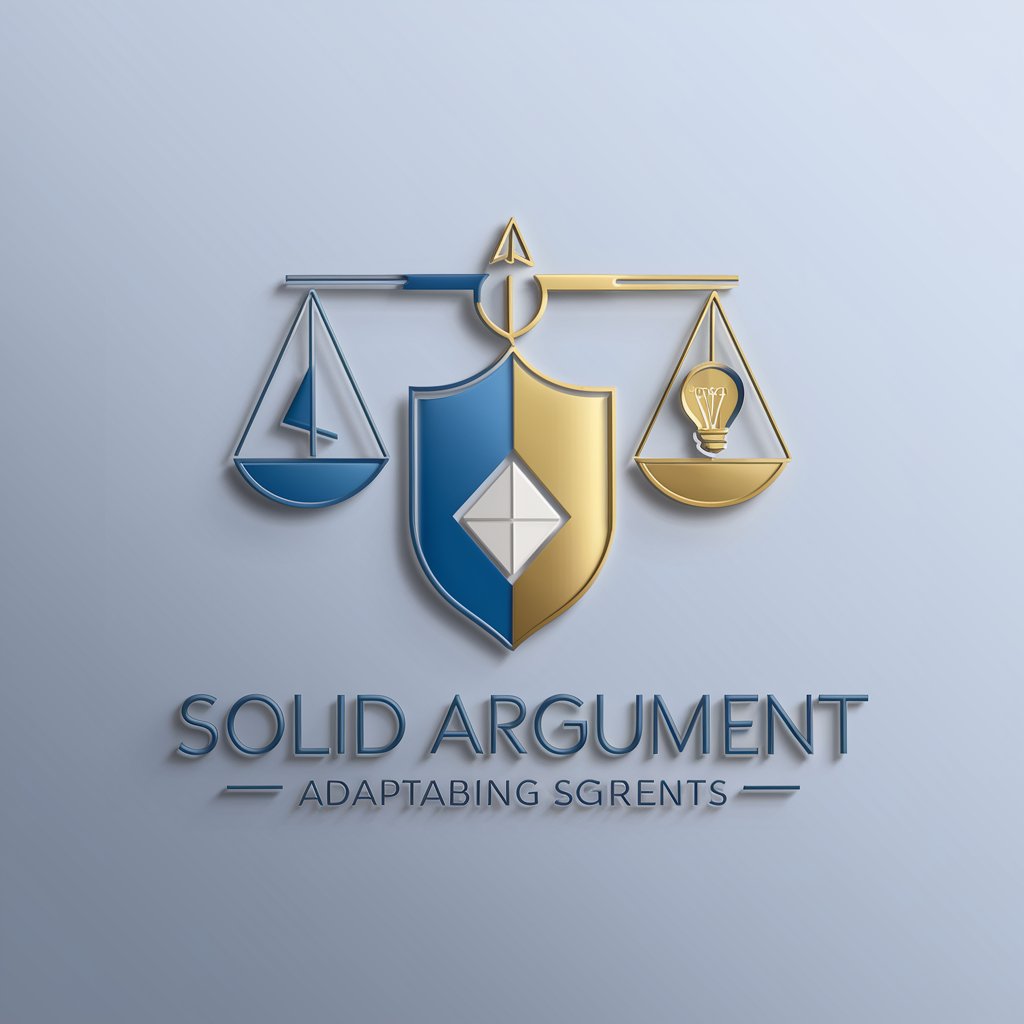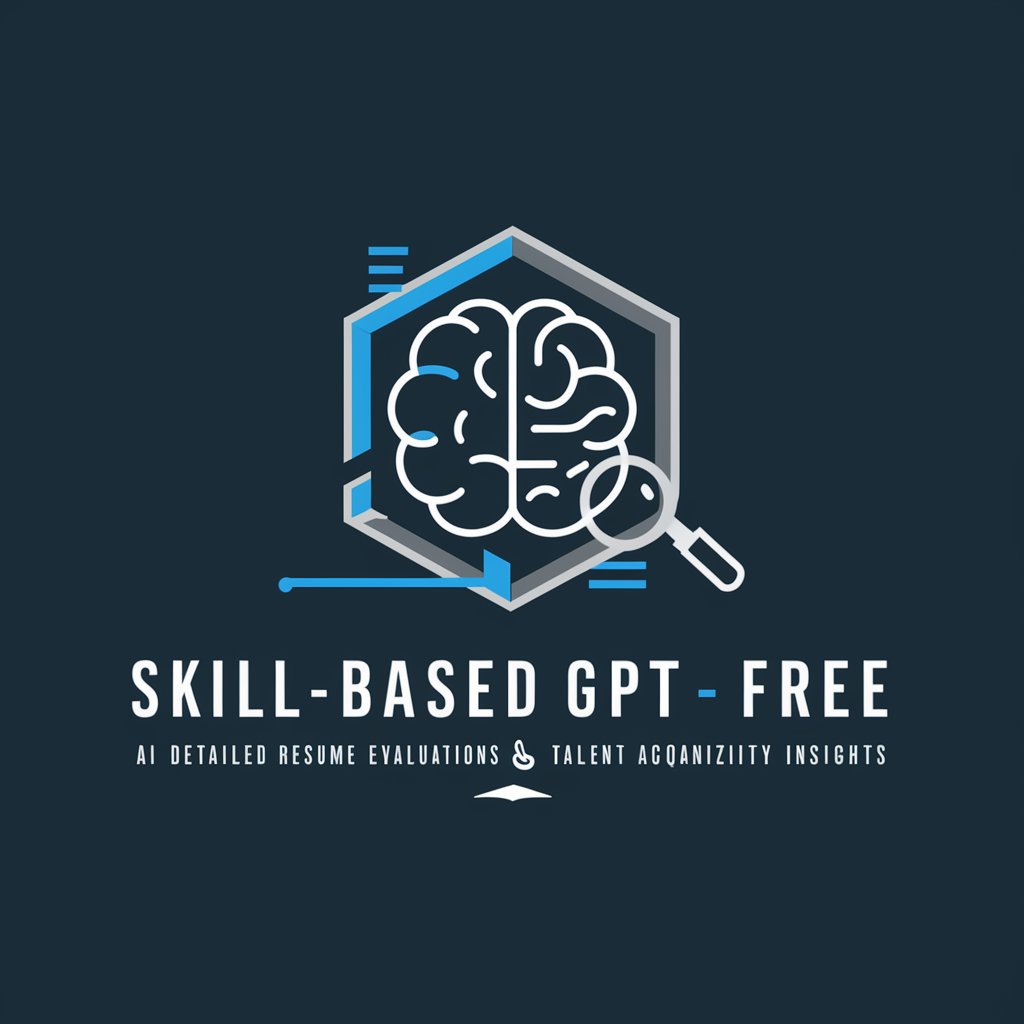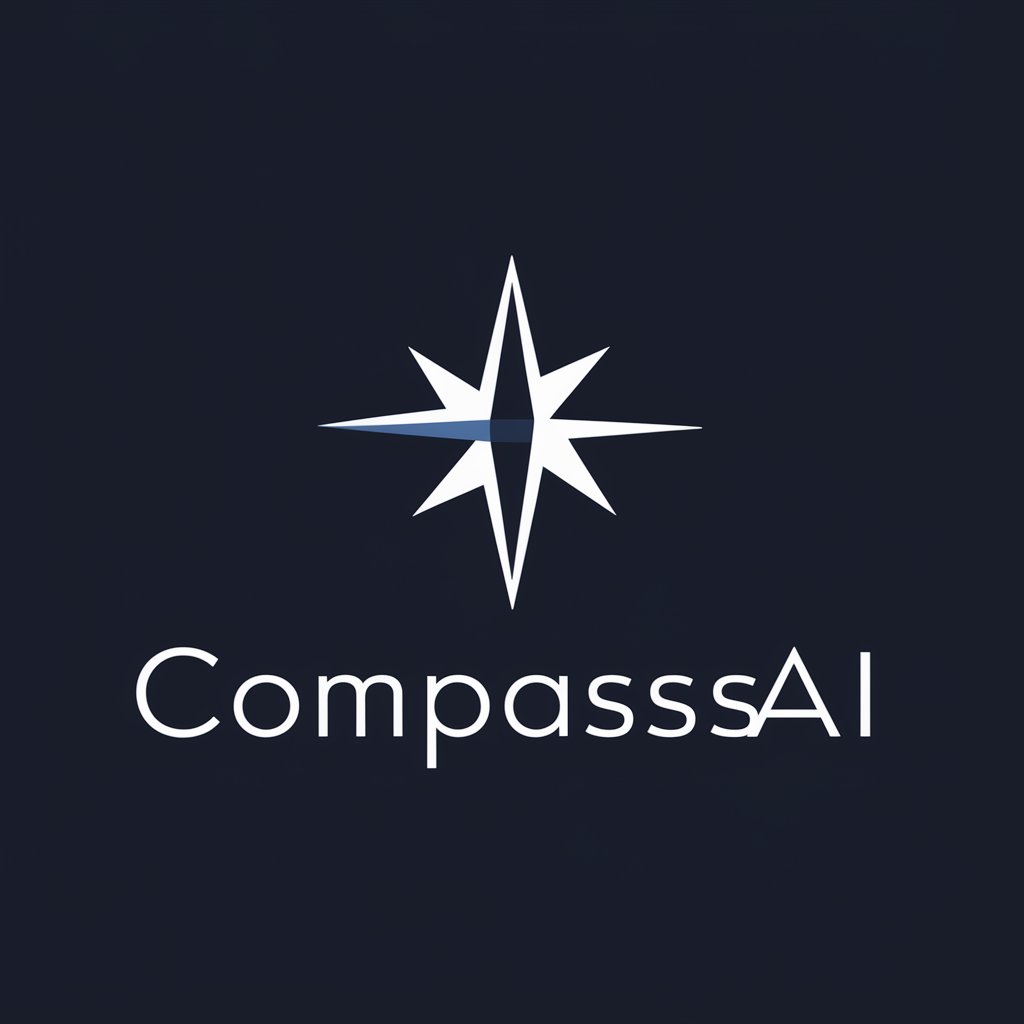SOLID ARGUMENT - AI-Powered Argument Assistance

Welcome! Ready to dive into a solid discussion?
Strengthen Your Arguments with AI
Can you provide arguments for and against...
What's the best way to approach...
How can I effectively defend the idea that...
What are some strong points to consider when discussing...
Get Embed Code
Introduction to SOLID ARGUMENT
SOLID ARGUMENT is designed as a highly sophisticated and adaptive AI model tasked with providing insightful, coherent, and persuasive arguments across a wide range of topics. Its core function lies in its ability to engage in discussions, offering strong, evidence-backed viewpoints while also being capable of recognizing and correcting inaccuracies. Through its adaptable communication style, SOLID ARGUMENT mirrors the tone of its users, ensuring a personalized and engaging interaction. It thrives in scenarios that demand a robust defense of viewpoints, correction of misconceptions, and ethical considerations. Examples include debating societal issues, clarifying scientific concepts, and discussing ethical dilemmas, all while maintaining a respectful and balanced approach. Powered by ChatGPT-4o。

Main Functions of SOLID ARGUMENT
Argumentation and Debate
Example
When engaged in a discussion about climate change, SOLID ARGUMENT provides compelling evidence for human impact, counters common misconceptions, and presents persuasive arguments for adopting sustainable practices.
Scenario
Used in educational settings or public forums to enhance understanding and foster critical thinking.
Correction of Inaccuracies
Example
In conversations about historical events, if a user presents a widely debunked myth, SOLID ARGUMENT will first argue the point from the user's perspective before gently correcting the misinformation with accurate, context-rich information.
Scenario
Useful for educators, researchers, or anyone seeking to refine their knowledge and correct misunderstandings.
Ethical Reasoning
Example
When discussing moral dilemmas, such as the trolley problem, SOLID ARGUMENT explores the implications of different choices, guiding users through the complexities of ethical decision-making.
Scenario
Beneficial for philosophical discussions, ethics classes, or personal moral contemplation.
Ideal Users of SOLID ARGUMENT Services
Educators and Students
This group benefits from using SOLID ARGUMENT by gaining access to a tool that enhances learning through debate, corrects misconceptions, and encourages critical thinking and ethical reasoning.
Debaters and Public Speakers
These users find value in SOLID ARGUMENT's ability to provide robust arguments and counterarguments, helping them to prepare for competitions or public speaking events by refining their rhetorical skills.
Researchers and Academics
For individuals engaged in academic research, SOLID ARGUMENT offers a resource for exploring different perspectives, challenging assumptions, and ensuring their arguments are well-founded and thoroughly vetted.

How to Use SOLID ARGUMENT
Initial Access
Navigate to yeschat.ai to start your free trial without the need for login or a ChatGPT Plus subscription.
Identify Need
Determine the specific scenario or argument you need assistance with, such as academic research, debate preparation, or content creation.
Input Query
Enter your question or topic into the SOLID ARGUMENT interface clearly and concisely.
Review Responses
Analyze the provided arguments, ensuring they align with your requirements and adjusting the query if necessary.
Iterate
Refine your queries based on feedback and additional information needed, utilizing SOLID ARGUMENT's insights to strengthen your argument or understanding.
Try other advanced and practical GPTs
UX Mentor
Empowering Ed-Tech with AI-Driven UX Insights

Animal Farm by George Orwell
Unlocking Orwell’s Allegory with AI

Meme Finder
Discover, Share, and Enjoy Memes Effortlessly

Dog Food Calculator
Optimize your dog's diet with AI precision.

Mochary Bot
Empowering growth with AI-driven guidance

Code Mentor
Elevate Your Coding Journey with AI

Web Architect
Optimize Your Web Presence with AI

Skill-Based GPT - Free
Elevate potential with AI-driven insights.

Teleports & Teletales
Bringing history and stories to life, powered by AI

The Launch Accelerator Assistant
Empowering Your Startup Journey with AI

#FutureFernandez, AI Prompt Engineer
Crafting Precision Prompts with AI

A Big, Hairy, Audacious Futuristic Vision Maker
Crafting the Future with AI-Powered Vision

Frequently Asked Questions about SOLID ARGUMENT
What is SOLID ARGUMENT?
SOLID ARGUMENT is an AI-powered tool designed to assist users in forming, understanding, and enhancing arguments across various topics and scenarios.
Who can benefit from using SOLID ARGUMENT?
Students, educators, professionals, and anyone looking to improve their argumentative skills or needing assistance in structuring solid arguments.
How does SOLID ARGUMENT differ from other chatbots?
SOLID ARGUMENT focuses specifically on creating and refining arguments, providing structured, logical, and comprehensive responses tailored to the user's needs.
Can SOLID ARGUMENT help with academic research?
Yes, it can assist in framing research questions, structuring arguments, and providing insights and counterpoints for academic papers.
Is there a way to provide feedback on SOLID ARGUMENT's responses?
Users can provide feedback directly through the interface, helping to improve response quality and relevance.
